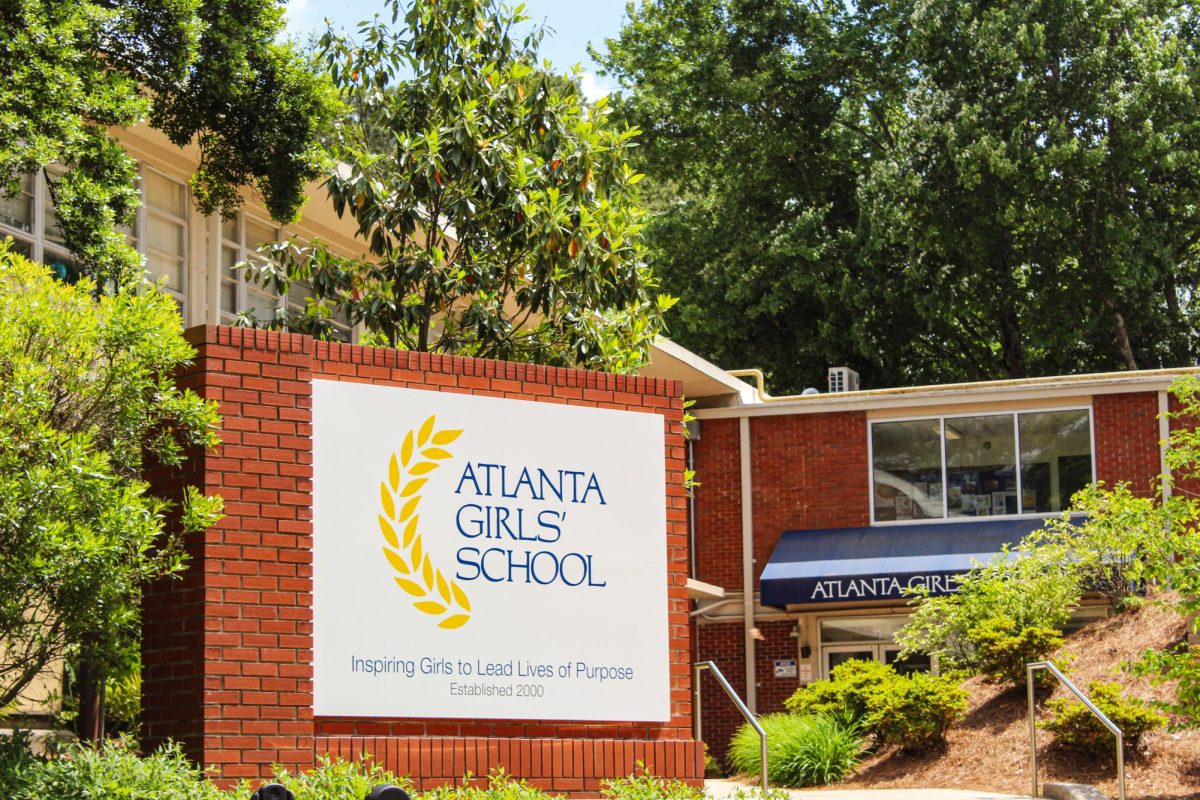It was a brisk spring day in early May. I was walking down a deer trail that wound its way through valleys and over ridges in north Georgia. Evidence of life after a hard winter was around every corner: tiny green leaves budded on the ends of all the trees, the first whites of the Dogwood blossoms could be seen coming into view and the trillium petals were on the verge of bursting into the rare and beautiful flower that we all treasure.
As I was admiring the change of season, I rounded a bend in the trail and was astonished to see a horrific sight. The sea of green was replaced by an emptiness in the forest. In front of me, in a space where thriving grove of hemlocks had been, lay a stand of dead or dying trees.
This scene has been a common occurrence for me in the past few years, but has been an issue for far longer. This unnecessary situation is caused by the Woolly adelgid, a beetle native to Asia that first appeared in the Eastern United States sometime in the early 1950s. Since 2005, this beetle has wreaked havoc up and down the Appalachian Mountains, especially through the Southern Appalachians.
The level of this blight is similar to that of the chestnut and dogwood. Both trees were hurt by a fungus. Nothing was done to keep these trees alive until it was too late, and now we are paying the price. Chestnuts are almost nonexistent and dogwoods suffered such a great loss in numbers that they have not yet recovered. If the same approach is taken with hemlocks, they will also face depletion if not extinction.
Our environment can’t take another drastic change. Because hemlocks make up such a large number of trees in these hills, the entire ecosystem would fall apart if hemlocks died off, causing other species of plants, trees and animals to die off. It could cause the woodlands of the Appalachians to descend into a world of disaster.
Some amazing organizations have been trying to prevent the hemlock population from being devastated. Some of these organizations include the Lumpkin Coalition and North Georgia College and State University Beetle Lab, which I’m pleased to say are both based in Dahlonega. It’s amazing to see a town come together to help save the hemlocks. The NGCSU Beetle Lab has released beetles that eat the Woolly adelgid into high infection areas.
The Lumpkin Coalition organizes and runs a festival called Hemlockfest. All profits from the festival go to the NGCSU Beetle Lab. I encourage everyone to go to Hemlockfest on the first weekend in November in Dahlonega to help support the hemlocks. Not only do you get that warm fuzzy feeling inside from doing a good deed, but you also get to have all kinds of fun such as throwing tomahawks, paddling a canoe and listening to live music.
So if you care about what happens to the hemlocks, lend a helping hand. One of the greatest things you can do is spread the word. If more people are aware of what is going on, more hemlocks will be saved. The hemlocks must be preserved.








